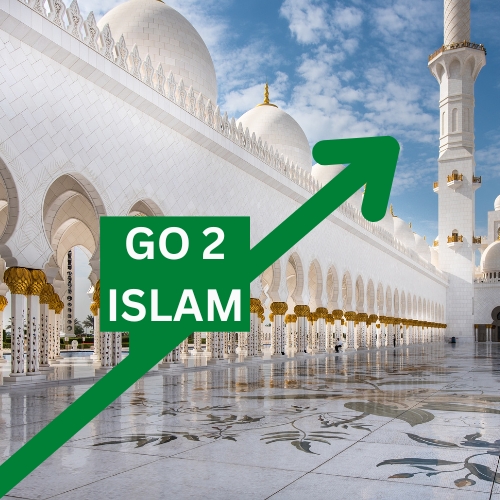Islam teaches that there is only one God, Allah, who is the creator and sustainer of the universe. Allah is considered to be the most merciful, compassionate, and just, and Muslims believe that He is the only one worthy of worship.
In Islamic belief, Allah is beyond human comprehension and cannot be represented in any physical form. Allah is believed to be omnipotent, omniscient, and omnipresent, and He has no equal or partner. Muslims believe that Allah is the source of all goodness and guidance and that everything in the universe submits to His will.
Islam teaches that Allah has revealed Himself to humanity through various prophets, including Adam, Abraham, Moses, Jesus, and the final prophet Muhammad. Muslims believe that the Quran is the final and complete revelation from Allah to humanity and that it contains guidance and wisdom for all aspects of life.
In Islam, there are 99 names or attributes of Allah, which describe His various qualities and characteristics. Some of these names include Al-Rahman (the Merciful), Al-Rahim (the Compassionate), Al-Hakim (the Wise), Al-Quddus (the Holy), Al-Khaliq (the Creator), Al-Malik (the King), and Al-Wadud (the Loving).
Muslims are required to pray five times a day, which includes recitation of the Quran and glorification of Allah. Muslims are also required to fast during the month of Ramadan, which is seen as a time of spiritual reflection and purification. Additionally, Muslims are required to give charity to those in need and to perform the pilgrimage to Mecca at least once in their lifetime if they are physically and financially able.
Overall, Islam teaches that Allah is the ultimate source of guidance and that by following His commands and living a righteous life, Muslims can attain eternal salvation in the hereafter.

